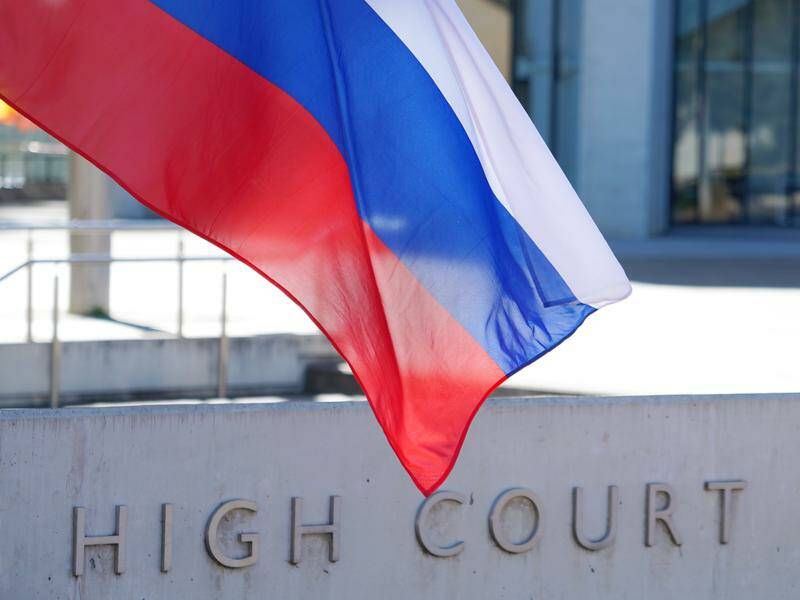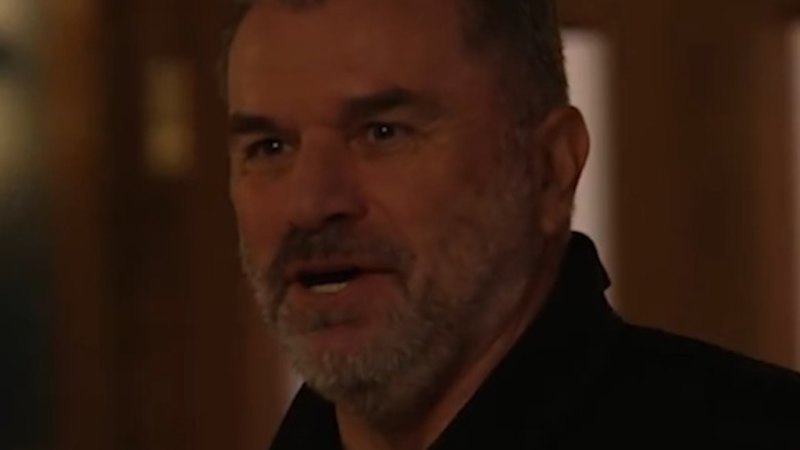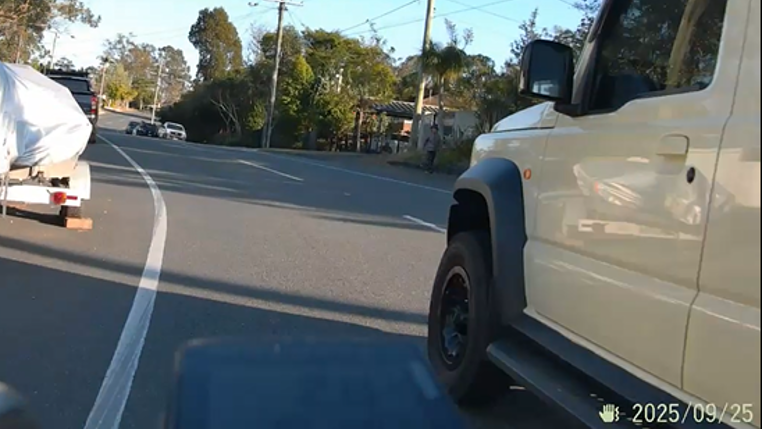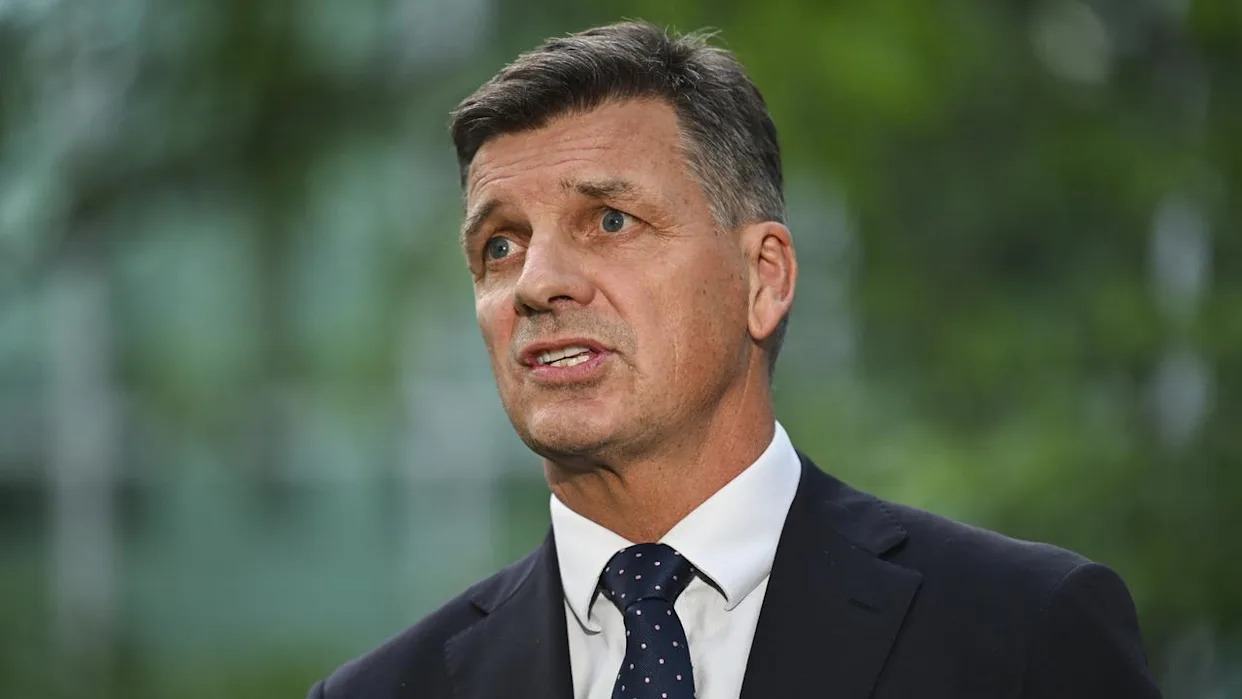
The High Court of Australia is set to determine the legality of the Australian government’s cancellation of a lease for a new Russian embassy, a decision made on national security grounds. This case, which has drawn attention due to its implications on international relations, stems from legislation passed swiftly in 2023, which nullified a 99-year lease granted to Russia in 2008. The planned embassy was to be located just a few hundred metres from Parliament House in Canberra.
In response to the lease’s termination, the Russian government has described the Australian action as hostile, characterizing it as a manifestation of “Russophobic hysteria.” Despite the cancellation, an official has remained on the site to prevent any attempts by the Australian authorities to reclaim the land.
Legal Arguments Presented in Court
Russia has taken the matter to the High Court, contending that the laws enacted to revoke the lease are unconstitutional as they do not demonstrate any concrete evidence of a national security threat. The Russian representatives have argued that if the court does not reinstate the lease, Russia should be entitled to compensation.
Bret Walker SC, who is representing Russia, has emphasized the principle that property should not be taken without compensation, even when national security is cited as a reason. He likened the situation to land acquisition around military installations, where the government must still compensate owners despite security concerns. He articulated his stance by stating that it is “really disturbing” to suggest that land could be taken on preemptive national security grounds without proven threats.
Government’s Defense and Implications
The Australian government, represented by Solicitor-General Stephen Donaghue, maintains that it possesses the authority to enact laws that strip the Russians of their lease. The Commonwealth has referenced “specific advice” from the Australian Security Intelligence Organisation (ASIO) regarding the potential risks associated with the proposed embassy construction. However, details of this advice were not disclosed in court due to public interest immunity protections.
In his argument, Donaghue stated that nations should not receive compensation for issues they create themselves, underscoring the government’s position on this matter. He articulated that the Commonwealth’s actions were justified based on national security concerns, and framed the issue as one of accountability, suggesting that Russia should not be compensated for its own provocations.
As the court prepares to deliver its verdict, the implications of this case extend beyond the legal realm, reflecting the complexities of diplomatic relations and national security in a global context. The site in question remains vacant, pending the court’s decision, which is expected to be announced on Wednesday.







